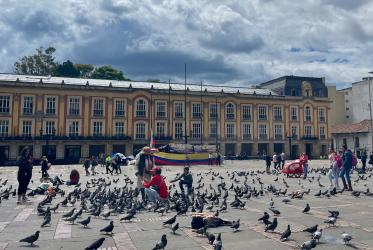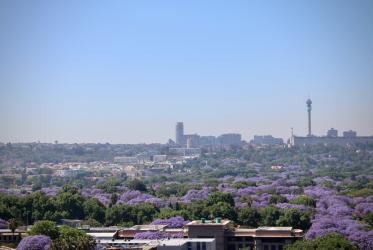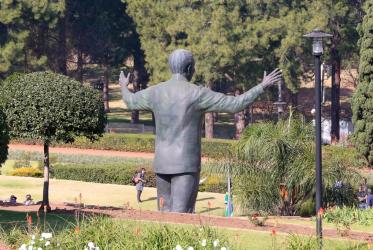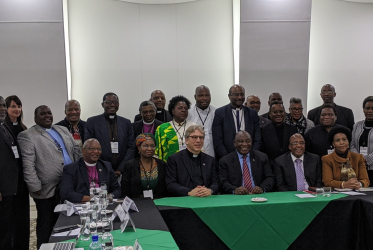Displaying 1 - 20 of 63
WCC at peace dialogue table with UN Security Council in Colombia
15 February 2024
WCC backs extension of ceasefire in Colombia
18 January 2024
WCC appointed as permanent accompanier in Colombian peace talks
21 September 2023
WCC underscores support for Colombia peace process
03 August 2023
Brazilian churches call for transformative racial justice
23 November 2020
WCC delegation meets with South African President Ramaphosa
09 December 2019

















